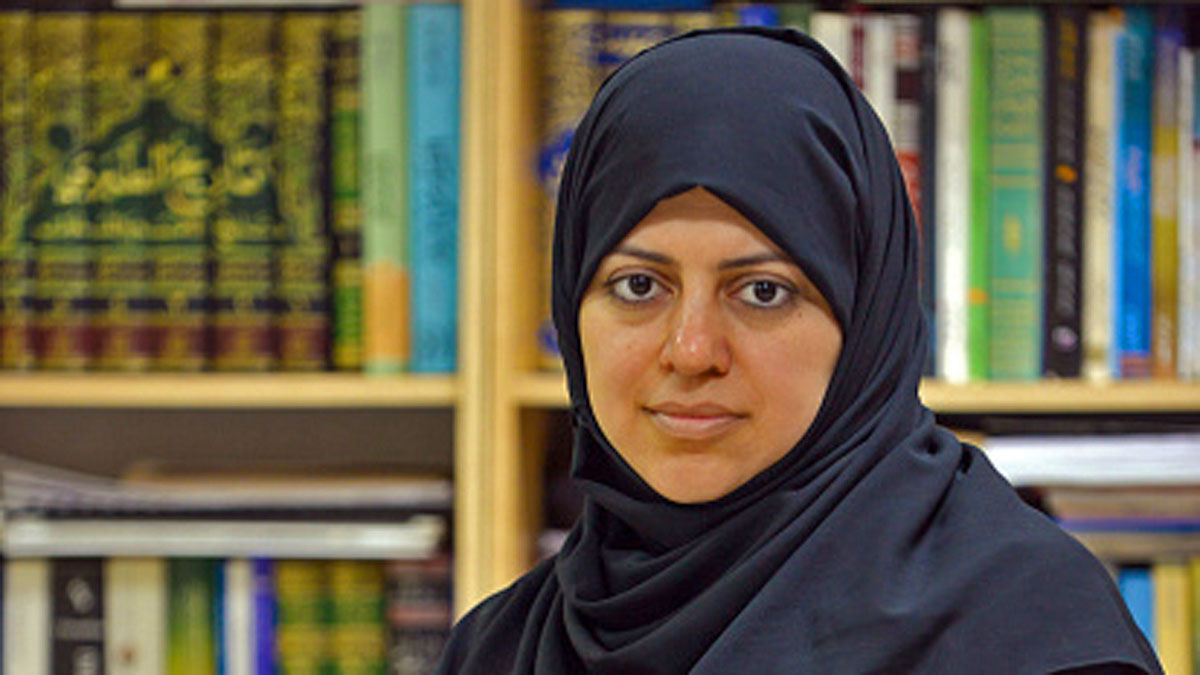Suffragettes of Saudi Arabia: the women making history
Women will vote and stand in elections for the first time – but should we be celebrating just yet?

A free daily email with the biggest news stories of the day – and the best features from TheWeek.com
You are now subscribed
Your newsletter sign-up was successful
Hundreds of women in Saudi Arabia have begun campaigning in landmark local elections scheduled for next month.
For the first time in the conservative kingdom's history, women will be allowed to both vote and stand in municipal elections, in what is being hailed as a significant step forward for women's rights.
Over 900 female candidates are set to stand in the 12 December poll. They include Haifa al-Hababi, a 37-year-old architect, professor and newspaper columnist who was the first woman to sign up to run.
The Week
Escape your echo chamber. Get the facts behind the news, plus analysis from multiple perspectives.

Sign up for The Week's Free Newsletters
From our morning news briefing to a weekly Good News Newsletter, get the best of The Week delivered directly to your inbox.
From our morning news briefing to a weekly Good News Newsletter, get the best of The Week delivered directly to your inbox.
"We're making history," she told the BBC. Although women in other countries won the right to vote a long time ago, Hababi says change is only just beginning in her country. "We are the generation who will bring change."
The women's rights movement began in Saudi Arabia in the 1960s, but did not come to prominence until 1990, says Dr Hatoon al-Fassi, a historian, writer and women's rights campaigner.
The turning point was a protest staged by 47 women against religious beliefs that effectively banned women from driving.
"That moment, when they were arrested, harassed and sacked from their jobs, the debate that went through the city raised a certain awareness about the strength of activism that was different from anything before," she told The Guardian.
A free daily email with the biggest news stories of the day – and the best features from TheWeek.com
A quarter of a century later and despite some moderate gains, women in Saudi Arabia still face a multitude of restrictions on their daily lives. They remain unable to drive, cannot go anywhere without a male chaperone and their dress code is governed by a strict interpretation of Islamic law.
This has led some women's rights campaigners in the kingdom to describe the decision to grant women the vote in local elections as a distraction from bigger and more harmful rights violations.
They also point out that not all women will be able – or allowed - to access polling centres due to their reliance on their husbands and male relatives for transport.
"How could I be elected if I can't drive, if I can't have the right to custody of my children, when so many issues touching our daily lives aren't resolved?” Aziza al-Yousef, a leading campaigner, told the Financial Times.
Voter registration among women has been extremely low. According to the electoral commission, women will make up about six per cent of an electorate of 1.7 million people.
"[This] is less a reflection of female interest than an indication of just how many barriers still stand in the way of Saudi women hoping to participate in public life," says website Foreign Policy.
Reports have also emerged of several women's rights activists being disqualified from standing. Nassima al-Sadah (pictured above) was due to stand in the Gulf coast city of Qatif but was informed by authorities that her name had been removed from the ballot paper. "I don't know why," she said.
But others are adamant that there is still much to celebrate. “We try and be reasonable when calling for our rights," said Dr Fassi. "So, right now, we're celebrating – we're not looking at the negativity, yet."
Sheikha al-Sudairy, from the al-Nahda Philanthropic Society for Women, agrees. "It's a first step," she says. "We can't say that just because it's not perfect, it's meaningless."